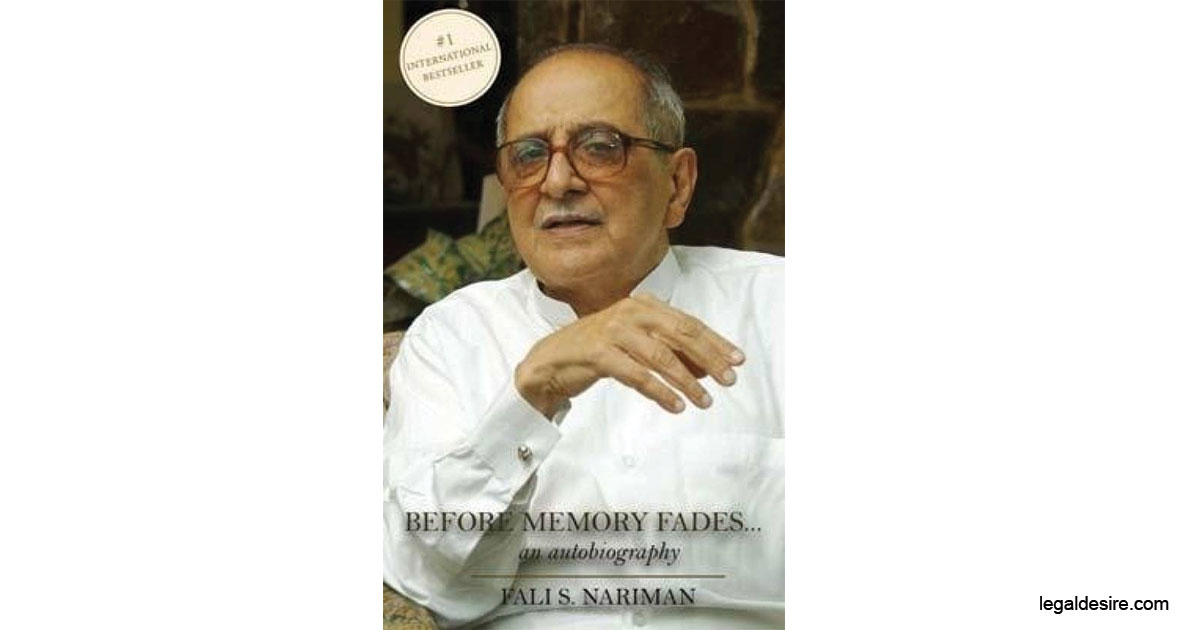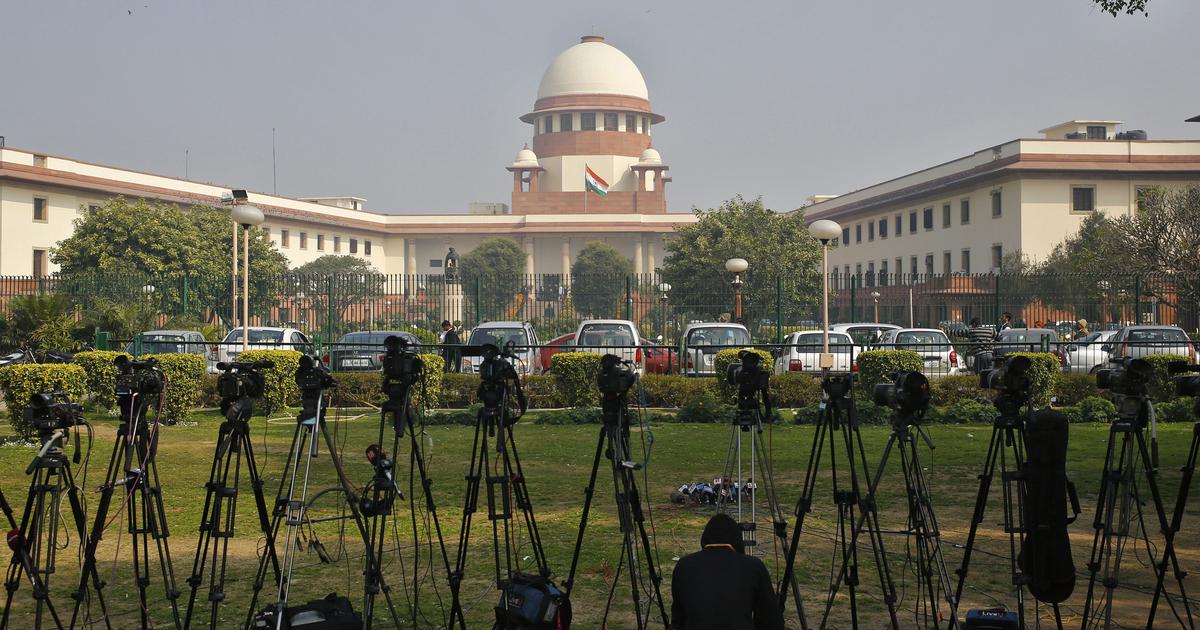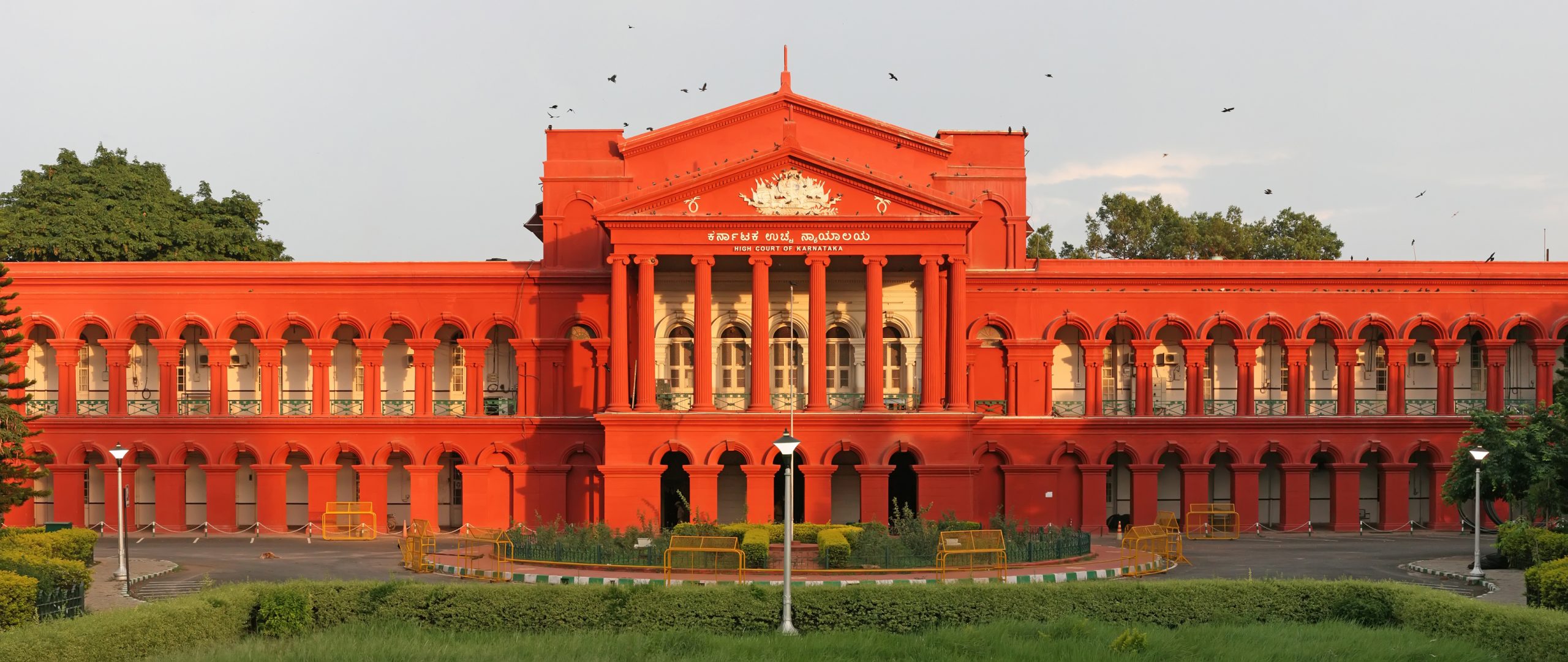Now Reading: “I have lived and flourished in a secular India. In the fullness of time if God wills, I would also like to die in a secular India”- Fali S. Nariman
-
01
“I have lived and flourished in a secular India. In the fullness of time if God wills, I would also like to die in a secular India”- Fali S. Nariman

“I have lived and flourished in a secular India. In the fullness of time if God wills, I would also like to die in a secular India”- Fali S. Nariman
Born on 10th January,1929 in a General Hospital in Rangoon(now Yangon, Myanmar ) to father, Sam Nariman and mother, Banoo Burjorjee. After a short period of stay in Burma, his family returned to India.Fali went to Bishop Cotton School Shimla, then to St. Xavier’s College Bombay for his BA (Hons) and finally to Government Law College Bombay for his LLB. In November 1950, Mr. Nariman joined the Bombay Bar and now over the decades he has attained the status of an eminent advocate, whose views are not only heard but also respected. The first chapter of this book deals with the early phase of life of Mr. Nariman. In this Part he tells us about his birth, family and education. Similarly, the second chapter of this book is about Mr. Nariman’s official introduction to the Bar. In this chapter he tells us about his experience as a trainee advocate in the chambers of Sir Jamshedji B. Kanga. During this phase of his life he learnt a lot from Sir Kanga and got a chance to interact and work with many eminent jurists of that time like, H.M. Seervai and Sir Dinshaw Mulla. In third chapter, he writes about the Judges during and before his time. He particularly mentions about the judges like Justice N H Koyajee, Sunderlal T. Desai, Kantilal T. Desai and Chief Justice M.C. Chgala, who were considerate and kind to the juniors. In fourth chapter he has shown his splendid writing skill, when he cautiously comments upon the Lawyers and the Legal Profession.
He further suggests that the national bar associations should adopt a three-point programme:
- · First, the urgent need to re-discover and reaffirm the profession’s ‘moral foundation’(that will help refurbish its image).
- · Second, to inculcate ethical principles in minds of young lawyers(and do remember people learn by examples, not by precept).
- · Third, to promote morally responsible and responsive lawyering or as they say, ‘Make Lawyers good’.
In fifth chapter of this book Mr. Nariman acts as an advisor to the law students and the budding lawyers. His 28 point advice to the young lawyers can be summarized in a nutshell by this statement ,which is again a piece of advice, which was given to Mr. Nariman by eminent jurist, CK Daphtary, that it is better to spend more time thinking about the case than merely reading its brief. Chapter six, is very important from the point of view of Mr. Nariman’s personal life as well as the Life of Whole Nation because it deals with the Indira phase of Indian Governance. During this period he was appointed as ASG(Additional Solicitor General) of India. The next chapter i.e. chapter seven can be read as an extensive part of chapter six as in this chapter he tells us about his shift from Bombay (now Mumbai) to Delhi. As an ASG of India he appeared in many cases for the Union of India in Supreme Court, and some of the more important ones in the high courts. Chapter eight gives a detailed insight of the National Emergency in 1975, when he was the Additional Solicitor General of India. Fali S. Nariman recounts his own defiance against autocratic rule when he resigned from the post of Additional Solicitor General of India in opposition to the declaration of Internal Emergency in 1975 by the Indira Gandhi government, being the only public officer in the country to have registered his protest against the suppression of civil liberties. Chapter nine is again an extension to the chapter eight which further describes the life inside and outside the courts during the emergency and post-emergency period. Tenth chapter talks about the Bhopal Gas Tragedy in which Mr. Nariman the lead counsel for the Union Carbide Corporation received severe criticisms while representing the company. For appearing in this case from the defendants’ side, he was widely criticized and his reputation as a human rights activist and lawyer was questioned.
In the eleventh chapter Mr. Nariman have written about his Holiness Dalai Lama and the idol of humanity, Mother Teresa. He writes, Yes, good things like Dalai Lama and Mother Teresa do happen, and we all are richer by the reason of this happening. Chapter twelfth Nariman remembers those days when he was the standing counsel in the Supreme Court for the state of Gujarat in a PIL filed on behalf of the tribals who were displaced by the rising height of the Narmada Dam in Gujarat. In chapter thirteen, author have deeply analyzed the working of federal(at least ,quasi federal) system of governance in India through his expert views on the interstate disputes, which he dealt with during that period. Chapter fourteen is a judicious take on some of the judges of the supreme court. Chapter fifteen deals with his view on the Judicial Governance and Judicial Activism as well. Chapter sixteen of the book, is about a case he Won – But he Would have preferred lost. Criticizing his own win, Mr. Nariman writes “I don’t see what is so special about the first five judges of the Supreme Court. They are only the first five in seniority of appointment – not necessarily in superiority of wisdom or competence. I see no reason why all the judges in the highest court should not be consulted when a proposal is made for appointment of a high court judge (or an eminent advocate) to be a judge of the Supreme Court. I would suggest that the closed-circuit network of five judges should be disbanded.”Chapter seventeenth is about Mr.Nariman’s career as a parliamentarian and a member of the upper house (RajyaSabha) of the Parliament. Chapter eighteen can be read as a concluding remark of his autobiography. Finally he winds up by thanking the secular India “I have lived and flourished in a secular India. In the fullness of time if God wills, I would also like to die in a secular India”.
Mr. Fali Sam Nariman, the legal luminary, lifts the dark veil from the facts long shielded from public view in “Before Memory Fades”. He truly serves us shining examples of the exceptions, both of the bench and the bar.









